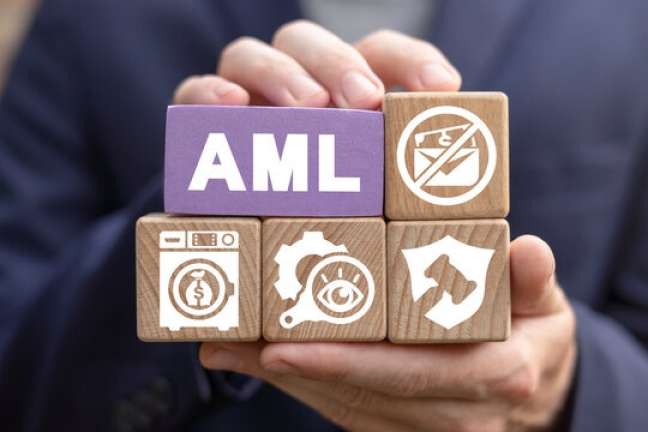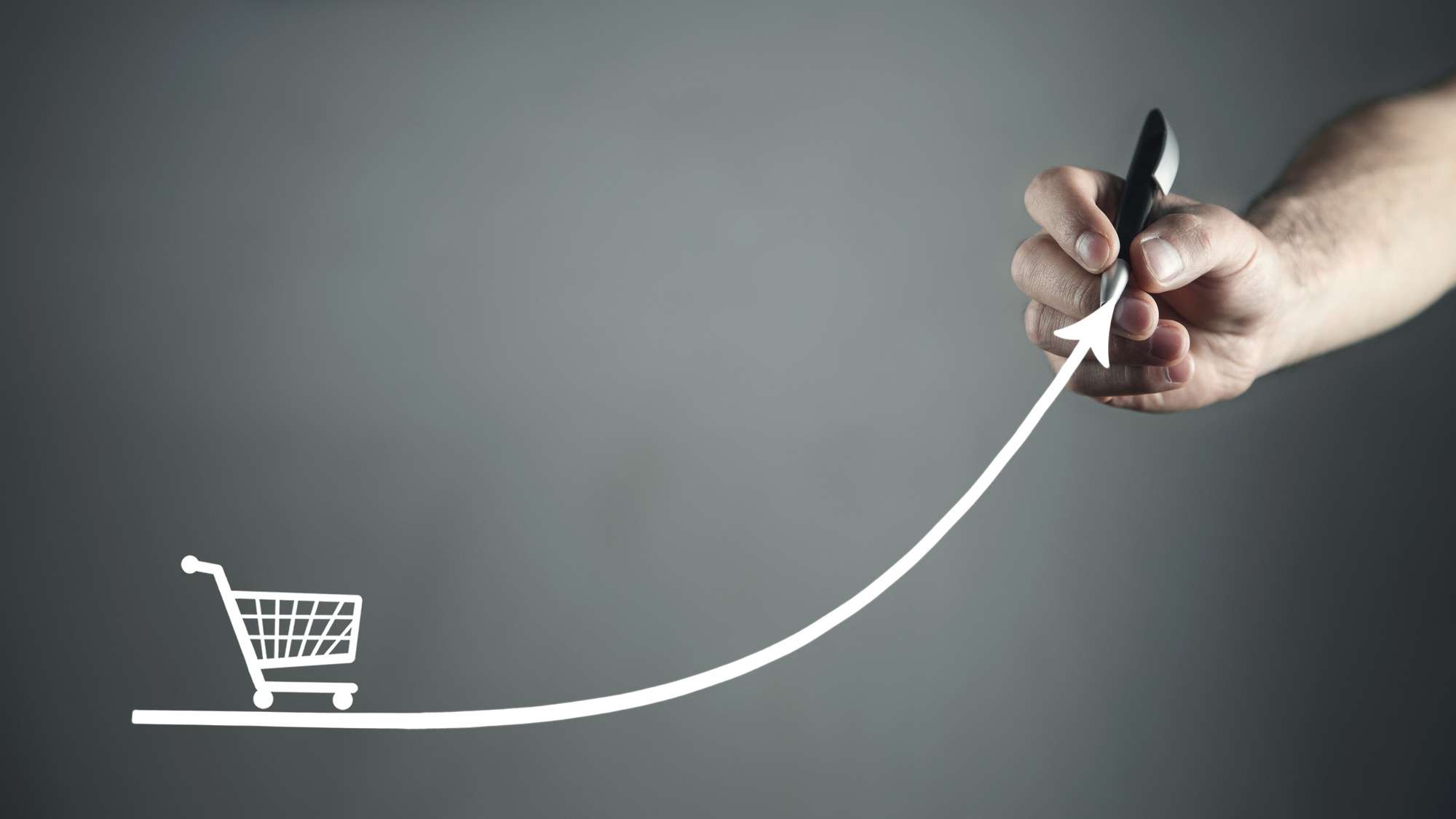If you don’t know why page loading speed is crucial yet, it’s high time to catch up. If you run an online store or any other business that offers its products or services on the internet, you just have to take it into consideration. A fast-loading page is an essential element of any online business. Everyone is talking about it, including Google. Why should you measure the speed of page loading? Here are some of the most important reasons.
User experience
There is nothing you can do. Nowadays, a potential customer wants everything straight away and waiting for something too long can discourage him from purchasing your goods or using your service. If your site is slow – you can be sure that he may leave it quickly, without even waiting for it to fully load. It’s also of great importance when it comes to WordPress SEO services.
Site speed in the eyes of Google
Google strongly emphasizes that page loading speed matters. If it is low, Google will weaken your site’s ranking. And on the contrary – very fast pages may be scored better. It’s especially important in the case of searches on mobile devices – and mobile traffic accounts for more than half of the traffic on the Internet.
It is also worth mentioning that when the Google bot visits a page, it has a so-called “crawl budget”, i.e. the limit of pages that can be passed during one visit. However it’s not all – the SEO industry says a lot about time budget, i.e. the time limit that a Google bot can spend on a website. It means that if your site is too slow, it unnecessarily limits the indexing (and reindexing) of its subpages.
How to measure your site speed?
You can find dozens of site speed measuring tools. You simply paste the website’s address and after a minute you know how quickly it loads.
One of them is PageSpeed Insights developed by Google. The test shows how fast the page loads on both computers and smartphones on a scale of 0 to 100. Obviously, the more points the better. Although every business aspires to get 100 points, it’s not that easy. So, if you don’t get the full pot – there’s no reason to worry. You can assume that the result above 90 points will be really great. The average result is around 60, and if your website received less than 50 points – there is nothing to brag about.
How to optimize a site and make it faster?
Start with slimming down the website, i.e. checking how much your graphics weigh. The data leaves no illusions. Most websites load slowly because people responsible for their performance don’t care about the size of implemented graphics. In practice, instead of optimized files, the page is filled with large and heavy images which significantly slow it down. To avoid it, use lighter formats for photos and graphics. If it’s possible, choose .jpg instead of .png.
Optimize the code, plugins and website structure – throw away everything which is unnecessary. Verify the script, eliminate rendering blocking resources, check the server quality and performance of your hosting – and most of all use the help of specialists to make sure everything’s done properly and your site has a chance to speed up.















